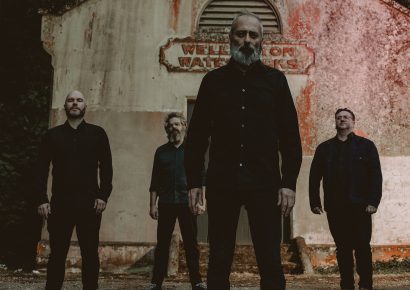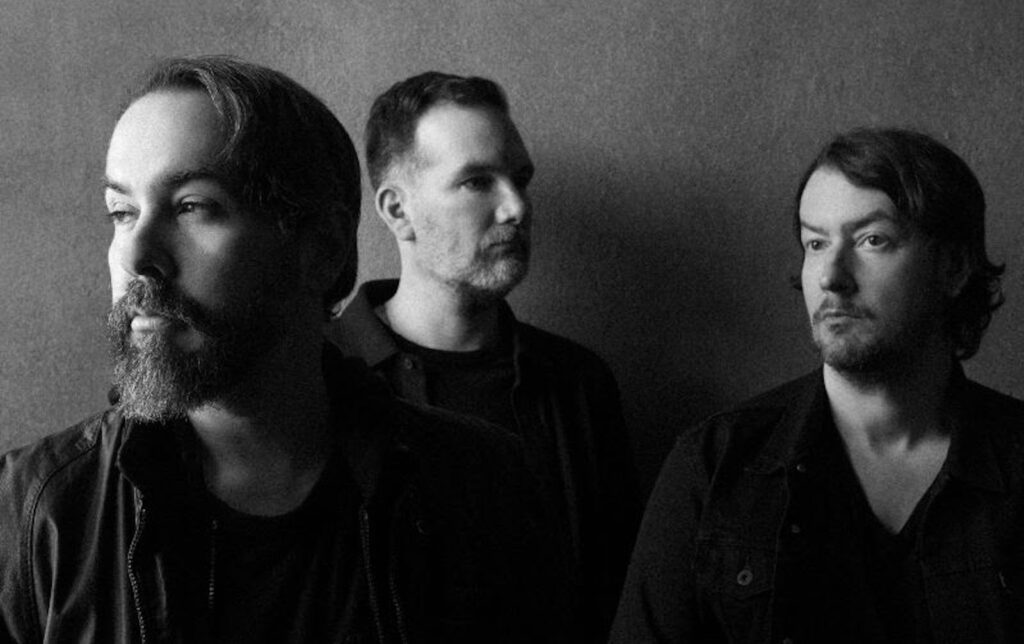This article includes references to sexual violence and assault.
Results from an Australian study have found the majority of participants believe sexual harassment and assault occurs at Australian music festivals.
In 2017, Falls Festival partnered with University of Melbourne lecturer Dr Bianca Fileborn and UNSW senior lecturer Dr Phillip Wadds in a research study into sexual assault at music festivals. The study involved a survey of 500 patrons and one-on-one interviews with 16 attendees who had experienced or responded to sexual violence at Australian music festivals, offering insight into attitudes surrounding sexual harassment, assault and physical violence at these events. The research findings pertain to Australian music festivals in general, and not specifically Falls Festival.
While a considerable number of patrons say they feel safe at music festivals — 61.5 per cent of participants reported they usually feel safe at these events and 29 per cent indicated they always feel safe — 92.8 per cent of participants said they believe physical violence occurs. Additionally, 95.1 per cent of participants believe sexual harassment takes place at these events while 88.6 per cent believe sexual assault occurs.
Perceptions around discriminatory violence at music festivals were significantly lower, with 61.2 per cent believing homophobic violence takes place at music festivals and 61.6 per cent saying they think transphobic violence takes place.
Although 75.2 per cent of the sample group said they were extremely likely to report sexual assault to police and 62 per cent would report sexual harassment, these rates are not reflected in reality.
The interview component of the study found that perpetrators of sexual violence are “overwhelmingly, but not exclusively, men”. Victims of these forms of violence maintained that bystanders rarely intervened and most interviewees did not report their experience to police, security or festival staff. Those who did make reports felt they were met with victim-blaming or inaction. Many of those who did not report their experiences did so as a result of the festivals’ zero-tolerance policies surrounding drugs and anti-social behaviour.
The study makes a range of recommendations to combat these figures, including an increased number of female police and security staff, clear and consistent messaging protocols around sexual violence, consequences for perpetrators, better lighting, signposting and markers to increase visibility in isolated areas, and provide clearer access to security staff.
Read the full report here.
If this article has raised any issues, you can contact the National Sexual Assault and Domestic Family Violence Counselling Service on 1800 737 732 (1800 RESPECT).







